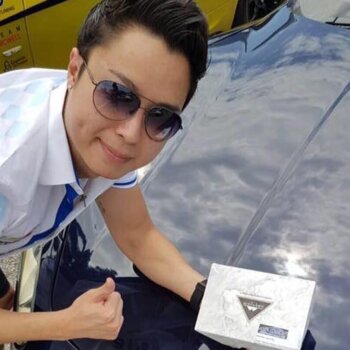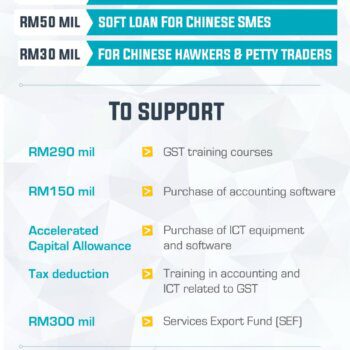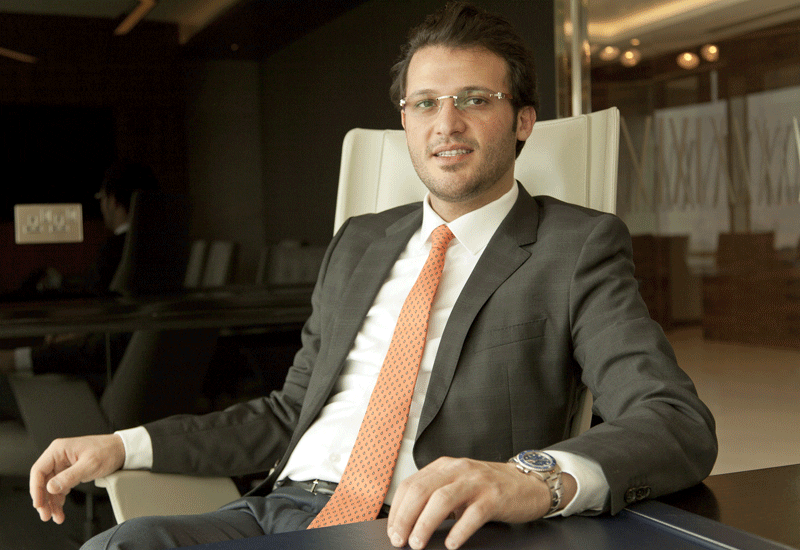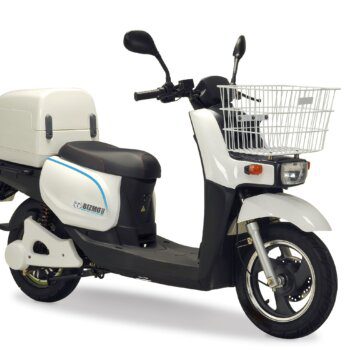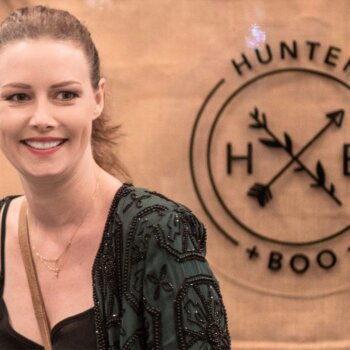Jonathan Keeps Supply Chains Moving With Automated, Digitalised Solutions
What’s your story?
I grew up in Belgium and Luxembourg and attended colleges in London and the USA. In college, I studied engineering and economics. After graduating at 20 with a master’s degree, I pursued my Ph.D. and decided to drop out at 21 to make some global investments and to build startups. I also spent a year and a half as a Salesforce data scientist during this interim. In 2014, Quincus was founded, and six years on, I’ve never been more passionate about making technology a permanent stalwart of the industry.
What excites you most about your industry?
What excites me most is the potential. The logistics industry is far from being as automated as it ought to be. We’re here to kickstart the transformation. As an engineer, I have a particular interest in moving stuff—including aircraft—and that keeps me revved up too!
What’s your connection to Asia?
I started my Ph.D. at INSEAD Business School in Singapore and still live here as this is where my company’s headquarters are located.
Favorite city in Asia for business and why?
Definitely Singapore! It’s an extremely accessible country. It has a great business and economic environment and is the region’s hub.
What’s the best piece of advice you ever received?
Do your own thing while taking a healthy amount of criticism into account. It’s important to keep going and not let other people pull you off tangent or misguide you.
Who inspires you?
My dad inspires me because of his continuous drive and optimism.
What have you just learned recently that blew you away?
I recently learned that you can fly specialized helicopters on Mars!
If you had your time again, what would you do differently?
Nothing. I have no regrets.
How do you unwind?
If I could, I’d go skiing. It’s the only detox I enjoy doing.
Favorite Asian destination for relaxation? Why?
Hokkaido, in Japan. It’s an amazing place for skiing.
Everyone in business should read this book:
“The Phoenix Project,” by Gene Kim. It’s about a manufacturing company trying to deploy the technology. A lot of the book is very relatable with references to things that happen all the time in business. It’s good if you’re a technology entrepreneur and you handle enterprise applications.
Shameless plug for your business:
Logistics is a heavyweight champion in the world economy. Just looking at the recent pandemic, we saw that people started buying a lot online, and despite the break in many businesses, logistics, as a whole, was thriving because the entire world was dependent on its flow. It’s critical to make sure supply chains stay unbroken and as optimized as possible, and this can’t be done without technology.

Our mission is to transform the logistics landscape into one that lives and breathes digital. Only automated, digitalized solutions will erase human error and keep the minutiae of each process running as flawlessly as possible.
How can people connect with you?
Let’s connect via LinkedIn and Twitter
Twitter handle?
https://twitter.com/JonathanSavoir
—
To hear how entrepreneurs around the world overcome their challenges, search your favorite podcast platform for ‘CallumConnects’ to hear a 5-minute daily breakdown.

Callum Laing is an entrepreneur and investor based in Singapore. He has previously started, built, and sold half a dozen businesses and is now a Partner at Unity-Group Private Equity and Co-Founder and CEO of MBH Corporation PLC. He is the author of three best-selling books ‘Progressive Partnerships’, ‘Agglomerate’, and ‘Entrepreneurial Investing’.
Connect with Callum on Twitter and LinkedIn
Download free copies of his books at www.callumlaing.com



